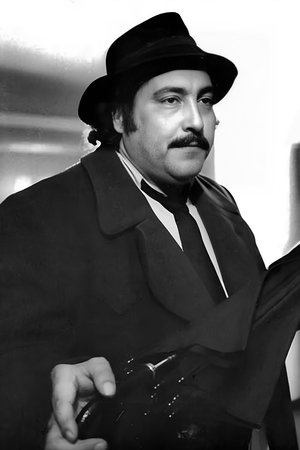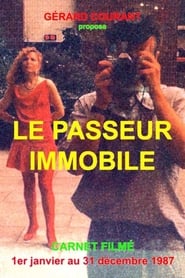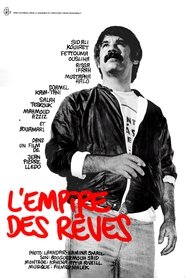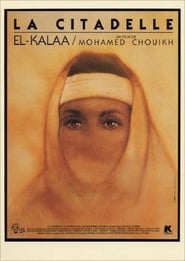Mohamed Bouamari
Born in Guidjel, near Sétif in Algeria in 1941, Mohamed Bouamari (محمد بوعمري) is an Algerian actor and director. Self-taught, in 1961 he received a scholarship from the UNEF to study film set careers in France. Returning to Algiers in 1965, he became an assistant to the filmmaker Mohamed Lakhdar-Hamina on "Le Vent des Aurès" in 1966, then to Costa Gavras on "Z" in 1969 and to Jean-Louis Bertucelli on "Remparts d'Argile" in 1969). Bouamari made his first feature film as director in 1972, with "Le Charbonnier", a film which was selected in several international festivals, including La Semaine de la Critique in Cannes, and which attracted attention. In the wake of this first work which ranks him among the progressive filmmakers bringing to the screen the effects of the Algerian agrarian revolution, he then directed "L'Héritage" (1974), and continued the vein that would remain his own, that of a committed filmmaker, in search of a revolutionary national aesthetic, whose favorite themes are the war of independence, the denunciation of contemporary feudalism and the cause of the condition of Algerian women and his own wife, Fettouma Ousliha, will play the heroine of his films. The rest of his work, from “Premier Pas” (1974) to “Refus” (1982), will bear witness to these commitments. Mohamed Bouamari last appeared on screen in 2005, in Djamila Sahraoui's film, "Barakat". He died of a heart attack on Friday December 1, 2006 in Algiers, at the age of 65 while he was finishing his fiction film "The Sheep".

Le Passeur immobile
as SelfLe Passeur immobile, which covers the year 1987, is a Booklet filmed stuck between The Days and...
Movie pageThe Empire of Dreams
as uncreditedA stubborn director who wants to rediscover the Algiers of his childhood comes up against the...
Movie pageThe Citadel
as uncreditedEl Kalaa, a village in southern Oran. Although already married, old Sidi planned to marry...
Movie page

